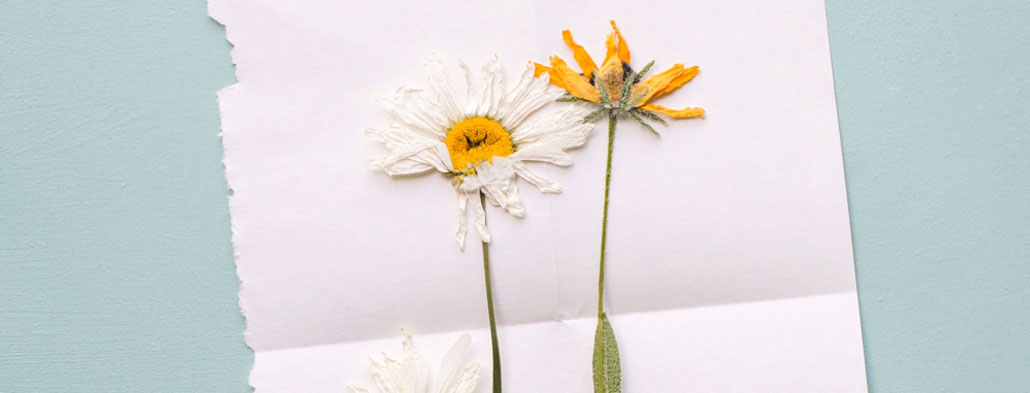Four ways to support biodiversity in your local area
As you might already know – because we love to talk about it – we’re part of The Pollinators’ Nationale Zaaicoalitie (national seed coalition), aiming to transform the Netherlands into a true paradise for bees. As coalition partners, we’re now sending out packets of flower seeds with all your Rockbook orders, while our supplies last. This way you can grow your own little floral sanctuary and support bees (among other pollinating species) and increase biodiversity.
But why’s everyone worried about bees – why are they so important?
Bees and other pollinating species need our help. Research shows that bee numbers are in sharp decline. This is worrying because we need bees to keep our planet healthy, and encourage biodiversity by pollinating plants and flowers, which other species in turn, rely on to survive.
Humans, too, cannot do without pollinators: 70% of the crops that we eat depend on pollination by bees or other insects. Scientists suggest different causes for widespread insect decline and, unfortunately, we as humans are responsible for many of these causes. For example, a lack of variety in food sources due to urbanisation and monoculture farming, and the use of certain pesticides (also called ‘bee killers’) are one the main causes of insect death. So let’s help all pollinating species and put things right, shall we?
How can we increase biodiversity?
Planting seeds is one way to support biodiversity in your local neighbourhood. But there are of course more ways than one… here are a few more ideas we’d like to share with you:
1. Create an offline hotspot
We’re not talking about something Wi-Fi related here, we’re talking about building an insect hotel in your garden. Insect hotels are easy to make, can be assembled from various found, recycled, or up-cycled materials, and can provide a cute little home for insect friends. Due to filling our gardens with pebbles, outdoor furniture and artificial grass, lots of nesting and hibernating spots for insects are gone, so insect hotels are much needed!
Check out Friends of the Earth’s handy instructions on how to make a bee hotel.
2. Take your seed sowing to the next level and become a guerilla gardener
Yes, that’s a real thing. As a guerilla gardener you not only grow bee-friendly flowers in your own garden, but also in fallow areas and bare verges that are screaming out to be filled with flowers. Armed with watering cans, shovel and plants, many people are already transforming their city into a green oasis.
3. Put biodiversity on your menu
Keywords: Organic, local, meat-free (or just less meat and fish). But we’re not here to impose a radically different diet on you. You do you. You could start with choosing only to buy organically grown vegetables, for example, if that suits you the best.
4. Don’t use aggressive pesticides in your garden
EVER.
Pesticides contain chemicals that are toxic to pests, fungus and weeds. Often they’re dangerous for animals (including your pets), plants and people, too. Permitted pesticides have been tested for safety, effectiveness and their environmental impact. But just because they’ve been tested for safety it doesn’t mean they’re environmentally-friendly. Some substances are harmful to groundwater, soil and pollinating insects… And what goes for outdoors, also goes for indoors! So let’s clean that bathroom, kitchen or living room with ecological products and not nasty, harmful chemicals.
Happy biodiversifying!
… and if you have more ideas of how to increase local biodiversity, please add your comments below.
We’d also love to hear how your seed sowing goes – tag us in your photos @paperontherocks and visit The Pollinators’ website for more information.
Photo by Cary Bates on Upsplash


